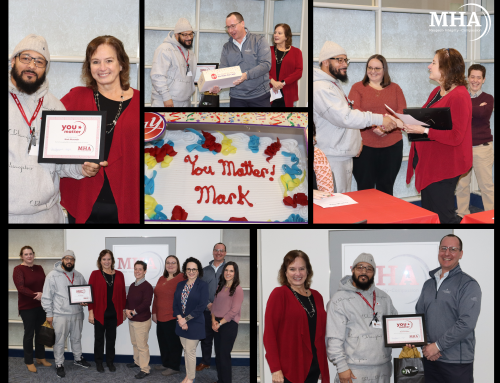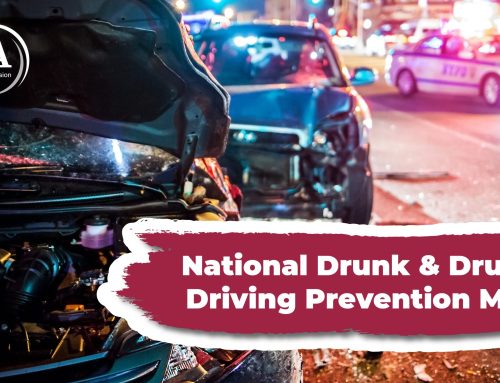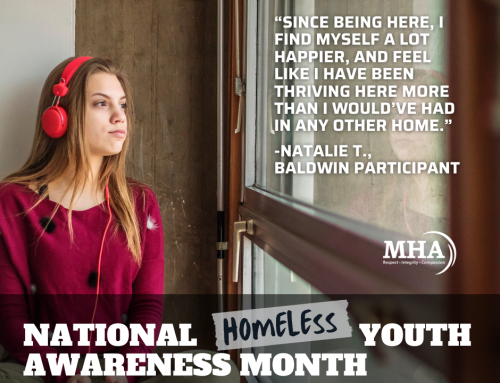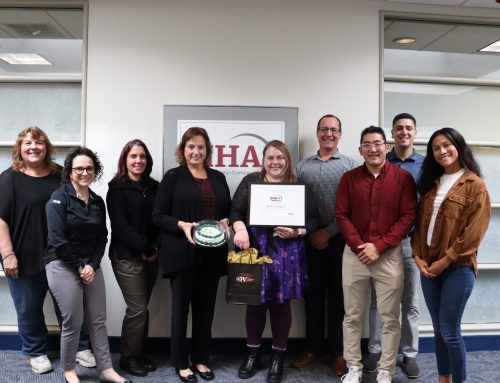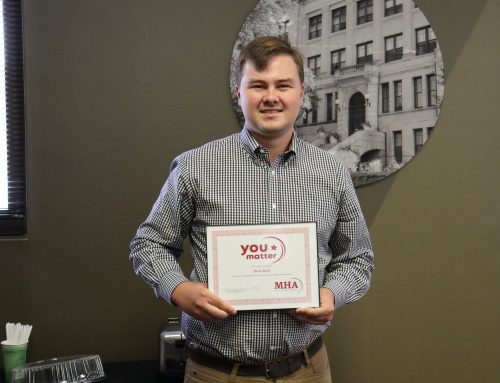We hear stories—rightly so—about people at work on the front lines of the COVID-19 crisis, such as doctors, nurses and first responders. Occasionally we hear stories about folks stocking grocery shelves, prepping take-out orders or manning the pharmacy counter. All these people working to help others are community heroes.
This story is about the unsung heroes who go quietly about their crucial work supporting vulnerable individuals. They help folks with disabilities living in the community by providing outreach and support. Two such unsung heroes are Alizamari Diaz and Robert Laviolette.
Alizamari and Robert are members of the Outreach Team in MHA’s Integration and Community Living Division. They work closely with vulnerable adults who need help in their daily lives due to developmental or intellectual disability, often complicated by concerns with their mental health. Most often, these folks have no family of their own. The Outreach Team are the familiar faces and voices they count on, every day. In a very real way, the Outreach Team is their family, and with some help these folks can live successfully in their community.
Alizamari and Robert are passionate about keeping people safe during the COVID-19 crisis, but recently the pain of personal loss hit close to home. Alizamari’s dear friend of nearly 20 years died of COVID-19 in Atlanta, just days after returning home from a family reunion in New York City. Robert’s older brother, a U.S. military veteran, contracted COVID-19 as a resident of the Holyoke Soldier’s Home, and he died as a result.
Despite these traumatic losses in their own lives, Alizamari and Robert have continued to work every day, serving others. “What am I going to do, sit at home and feel sad?” Robert asked. “Working is therapeutic in a way, and the folks I work with count on me. They became like family.”
Alizamari concurs. “I love what I do. This is work that comes from the heart, and sometimes you have to put your own feelings to the side and be there for the people you care for. I feel like they’ve saved me with all that I’ve been going through. One of my clients cheers me up every single day. We eat lunch together, I get him his coffee, and I feel like I owe it to him to be there for him. These folks don’t even know all the impact they have in my life. I’m glad to be there for them.”
Robert has similar connections with those he serves. “I have a client who’s not on my call list and she calls me every day,” he explains. “I make time for her because she needs daily reassurance. And one gentleman I work with, Sean, calls me every day. Living in the COVID-19 world is an awful adjustment for him. He is on the autism spectrum and really needs the structure and routine of his normal life. These days he’s not going to work at Microtec, he’s not going to the movies, he’s not going out to eat and he’s not going to the gym. When Sean asks me, ‘When are we going to the movies?’ I assure him that when the movie theater opens, we’ll be the first ones in line. When he asks when we’re going to the gym or out to eat or whatever he’s thinking about wanting to do, I provide that same basic answer. His questions never cease, and that’s fine, I’m here to help him.”
MHA’s Outreach Team provides personal support to individuals with chronic mental health challenges, those experiencing cognitive, intellectual or developmental challenges, and those living with an acquired brain injury. Outreach staff members help these folks to live with greater independence in the community. That can involve helping them with aspects of homelife such as meal preparation, going over their mail, helping them to manage their money and pay their bills, and accompanying them on trips to the store. In some cases, Outreach Team members advocate for their clients with landlords and at doctor’s appointments.
“People don’t choose this career for the paycheck; they choose it to make a positive impact in the lives of vulnerable people,” Alizamari explained. “And in the process, their lives are also positively impacted. The help truly goes both ways. While dealing with the grief of just having lost by friend to the coronavirus, seeing the people I care for did just as much to help me. They saved me.”
“Our community outreach model is personal by design,” said Kim Barbero, who leads the Outreach Team for MHA. “Staff engage with individuals living independently in their homes and community settings, focusing on activities of daily living and ways to help folks increase their independence. The frequency of meetings varies with individual need, from daily to just a couple visits a week. We have 27 members of our Outreach Team, and each one does an incredible job in this vital role because of the concern and passion they have for the people in their care. It speaks to the character of everyone who works on the team.
Kim fought back tears talking about her team. “Alizamari and Robert had these deep personal losses and still were at work the next day, taking care of the people that they serve,” she said. “The stories I hear of the compassion and commitment of every member of my team—27 in all—are inspiring. The many examples of their adopting our services during this pandemic are outstanding. None of these team members have once voiced concern for their own health and wellbeing in the current crisis. Instead, they use imagination and innovation to safely support and care for those in our program. I am so proud of them. There’s a reason it’s called human services and our Outreach Team shows why every day. They’re unsung community heroes.”
